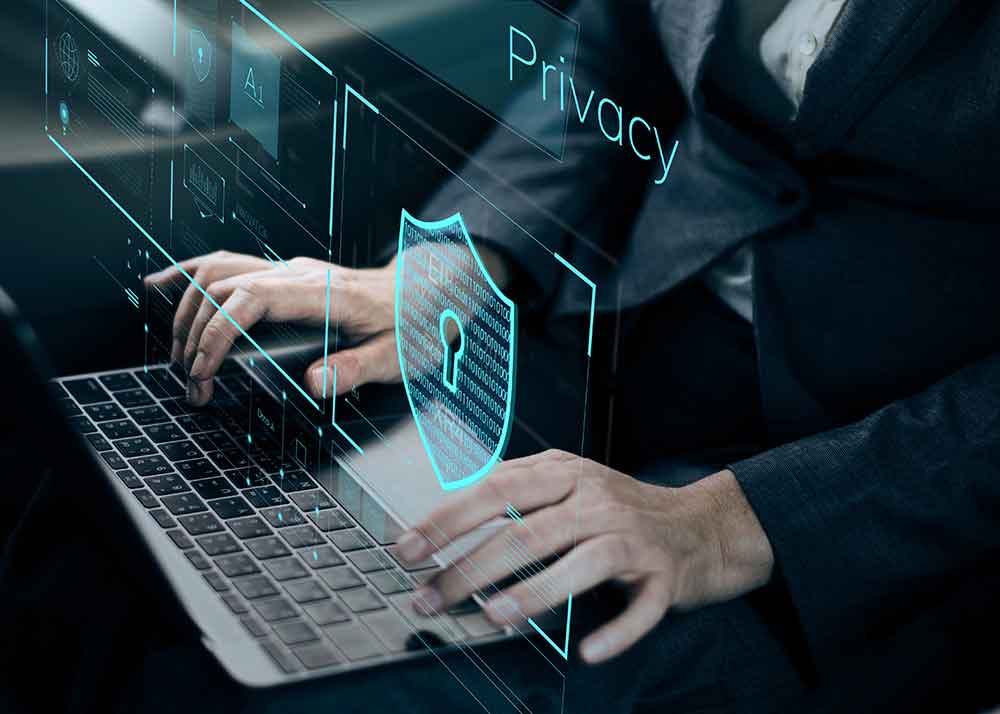In the legal profession, we are frequently called upon to store large amounts of sensitive information, both our own and that of our clients. It is imperative that we understand the difference between data security and data privacy.
Data security and data privacy are interrelated, but they are not the same. It is important to know how each one works, and how to utilize both.
There are several industries that place significant importance on data security and data privacy – healthcare, legal services, financial, and technology, to name a few. But data security and data privacy are becoming increasingly important everywhere in our lives it seems.
What’s the Difference Between Data Security and Data Privacy?
Data security refers to the protection of data against unauthorized users. You have heard about data security when you’ve participated in discussions around encryption, password management, and authentication, for example.
Data privacy is actually a subset of data security — it deals more specifically with the proper handling of data: how you collect it, how you use it, etc. If your firm’s website has a written policy on the collection of data, for example, that policy will be called Data Privacy.
Why Are These Differences Important?
Because of all the regulatory laws in place regarding consumer privacy, it’s essential that your organization is aware of the consequences of failing to address these two areas of concern. When you understand what they are separately, it’s easier to explain what they mean to your company at large.
As a business owner or partner in a firm, it’s your job to make sure your data stays secure. This means every type of data – not just that which belongs to your clients. Remember, your employees’ data is important too, and any vendor or partner data you have stored as well. Failing to place the right amount of attention on the safety of this data can be costly to your business.
Here are steps you can take to make sure the data you are responsible for stays secure:
- Use multi-factor authentication, as well as device and identity management.
- Ensure each employee has their own individual login credentials and understands best practices.
- Make it clear that employees should never access company data (websites, portals, applications, etc.) on their personal devices.
- Regularly ask your IT services professional to assess your data privacy and security procedures, and implement the improvements they recommend.
When you make data security and data privacy a priority, you help to create an environment in which clients, vendors, partners, and employees all feel safe in the knowledge that best practices are being adhered to.


